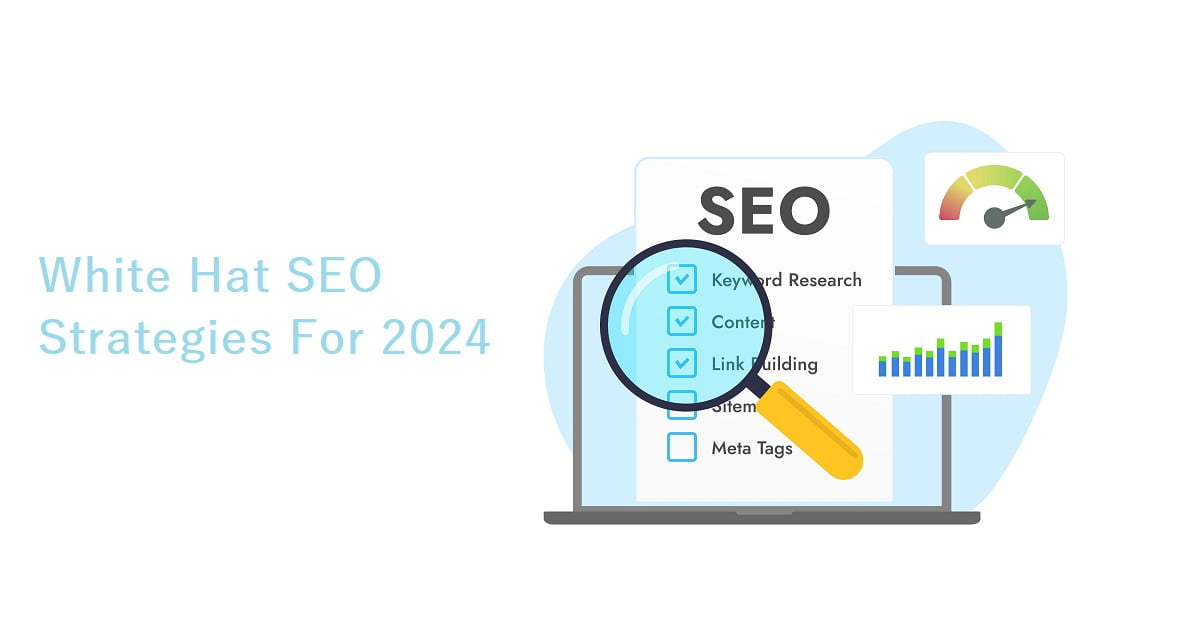Mastering On-Page SEO: Strategies, Best Practices, and Tools

When it comes to boosting website visibility and attracting organic traffic, mastering On-Page SEO is essential. It’s not just about sprinkling keywords; it’s a strategic approach to optimizing every aspect of your web pages for search engines. From crafting compelling meta descriptions to ensuring seamless user experience, On-Page SEO plays a pivotal role in climbing the search engine rankings.
By focusing on elements like title tags, headings, and internal linking structures, one can enhance the relevance and authority of their content. Understanding how search engine algorithms work is key to tailoring your On-Page SEO efforts effectively. With the right tactics in place, you can improve your site’s performance and make it more appealing to both users and search engines alike.
Key Takeaways
- Mastering On-Page SEO involves optimizing elements like meta descriptions, title tags, headings, and internal linking strategically.
- Effective On-Page SEO is crucial for enhancing website visibility and attracting organic traffic by aligning with search engine algorithms.
- Improving On-Page SEO directly impacts search rankings by signaling relevance to search engines through optimized content.
- Best practices include keyword research, meta tag optimization, quality content creation, internal linking structure, and image optimization.
- Utilize tools like Google Search Console, Yoast SEO, Moz Pro, SEMrush, Ahrefs, Screaming Frog, Grammarly, and GTmetrix for effective On-Page SEO optimization.
Understanding On Page SEO
To master On-Page SEO effectively, one must optimize various elements of web pages strategically. This optimization goes beyond merely incorporating keywords and involves enhancing meta descriptions, title tags, headings, and internal linking. Understanding search engine algorithms plays a crucial role in tailoring SEO strategies to improve site performance and user appeal efficiently.
Importance of On Page SEO

Mastering On-Page SEO is crucial for enhancing website visibility and attracting organic traffic. It involves a strategic approach beyond merely incorporating keywords, focusing on optimizing various elements like meta descriptions, title tags, headings, and internal linking to align with search engine algorithms. This tailored optimization not only boosts site performance but also enhances user appeal for a successful On-Page SEO strategy.
Impact on Search Rankings
Improving On-Page SEO directly influences search rankings. By optimizing key elements such as meta tags, headers, and content with relevant keywords, websites signal their relevance to search engines. Enhanced optimization increases the chances of ranking higher in search results for specific queries related to the content on the page. Consistent optimization ensures that search engines can easily crawl, interpret, and index web pages accurately, leading to improved visibility and higher rankings in search engine results pages (SERPs).
Best Practices for On Page SEO

To excel in On-Page SEO, websites must implement the following best practices:
1. Keyword Research and Optimization
Identify relevant keywords that align with your content and target audience. Incorporate these keywords strategically in meta descriptions, title tags, headings, and throughout the content to signal relevance to search engines.
2. Optimize Meta Tags
Craft compelling meta descriptions and title tags using targeted keywords to improve click-through rates and enhance visibility in search results.
3. Quality Content Creation
Develop high-quality, engaging content that provides value to users while incorporating optimized keywords naturally within the text.
4. Internal Linking Structure
Create a logical internal linking structure within the website to guide users to relevant pages and help search engines understand the site’s hierarchy.
5. Optimize Images
Use descriptive file names and alt text for images with relevant keywords to improve accessibility and provide additional context for search engines.
By implementing these best practices, websites can strengthen their on-page optimization efforts, improve visibility in search results, and attract organic traffic effectively.
Tools for On Page SEO Optimization
To enhance website visibility and attract organic traffic, mastering On-Page SEO is crucial. Effective On-Page SEO involves optimizing various elements of web pages beyond just using keywords. Understanding search engine algorithms is essential to tailor SEO efforts effectively, ultimately improving site performance and user appeal. Optimizing key elements with relevant keywords signals a website’s relevance to search engines, increasing the chances of ranking higher in search results.
- Google Search Console: This tool helps monitor website performance in Google search results, identifies indexing issues, and provides insights into how Google views your site.
- Yoast SEO: A popular WordPress plugin that assists in optimizing content for better search engine visibility by analyzing readability and providing optimization suggestions.
- Moz Pro: Offers a suite of tools for keyword research, backlink analysis, site audits, and rank tracking to improve on-page optimization.
- SEMrush: Provides comprehensive features for keyword research, competitor analysis, backlink auditing, and site optimization recommendations.
- Ahrefs: Known for its robust backlink analysis capabilities that help understand competitors’ strategies and improve link-building efforts.
- Screaming Frog: A powerful website crawler that analyzes on-page elements like meta data, headings structure, broken links, and other factors impacting SEO.
- Grammarly: Ensures content is error-free and engaging by checking grammar, punctuation, style issues while suggesting improvements for readability.
- GTmetrix: Helps optimize page speed by identifying performance bottlenecks through detailed reports on loading times and provides suggestions for improvement.
By utilizing these tools effectively along with implementing best practices such as thorough keyword research and optimization or creating high-quality content,** websites can significantly boost their on-page optimization efforts**, leading to improved visibility in search results and attracting valuable organic traffic.
Conclusion
Mastering On-Page SEO is a vital aspect of enhancing website visibility and attracting organic traffic. Effective optimization involves strategic enhancements to various elements like meta descriptions, title tags, headings, and internal linking. Understanding search engine algorithms is key for tailoring SEO efforts effectively. Optimizing these elements is crucial for a successful strategy as it directly impacts search rankings. By consistently optimizing key elements with relevant keywords, websites can signal their relevance to search engines, increasing the chances of ranking higher in search results. Implementing best practices such as thorough keyword research, compelling meta tags, high-quality content creation, logical internal linking structure, and image optimization strengthens on-page optimization efforts significantly. Additionally, utilizing tools like Google Search Console, Yoast SEO, Moz Pro, SEMrush, Ahrefs, Screaming Frog, Grammarly,and GTmetrix can further enhance on-page optimization outcomes.
Frequently Asked Questions
What is On-Page SEO?
On-Page SEO refers to optimizing individual web pages to improve search engine rankings and attract organic traffic. It involves optimizing elements like meta tags, headings, content, and images on a website.
Why is On-Page SEO important?
Effective On-Page SEO helps search engines understand your content better, leading to improved visibility in search results. By optimizing key elements with relevant keywords, websites can signal their relevance and rank higher in SERPs.
What are some best practices for On-Page SEO?
Best practices include conducting keyword research, creating compelling meta tags, producing high-quality content, establishing a logical internal linking structure, and optimizing images with descriptive file names and alt text.
Which tools can aid in On-Page SEO optimization?
Tools such as Google Search Console, Yoast SEO (for WordPress), Moz Pro (for keyword research), SEMrush (for competitor analysis), Ahrefs (for backlink analysis), Screaming Frog (for on-page elements), Grammarly (for content quality), and GTmetrix (for page speed) can assist in enhancing on-page optimization efforts.





